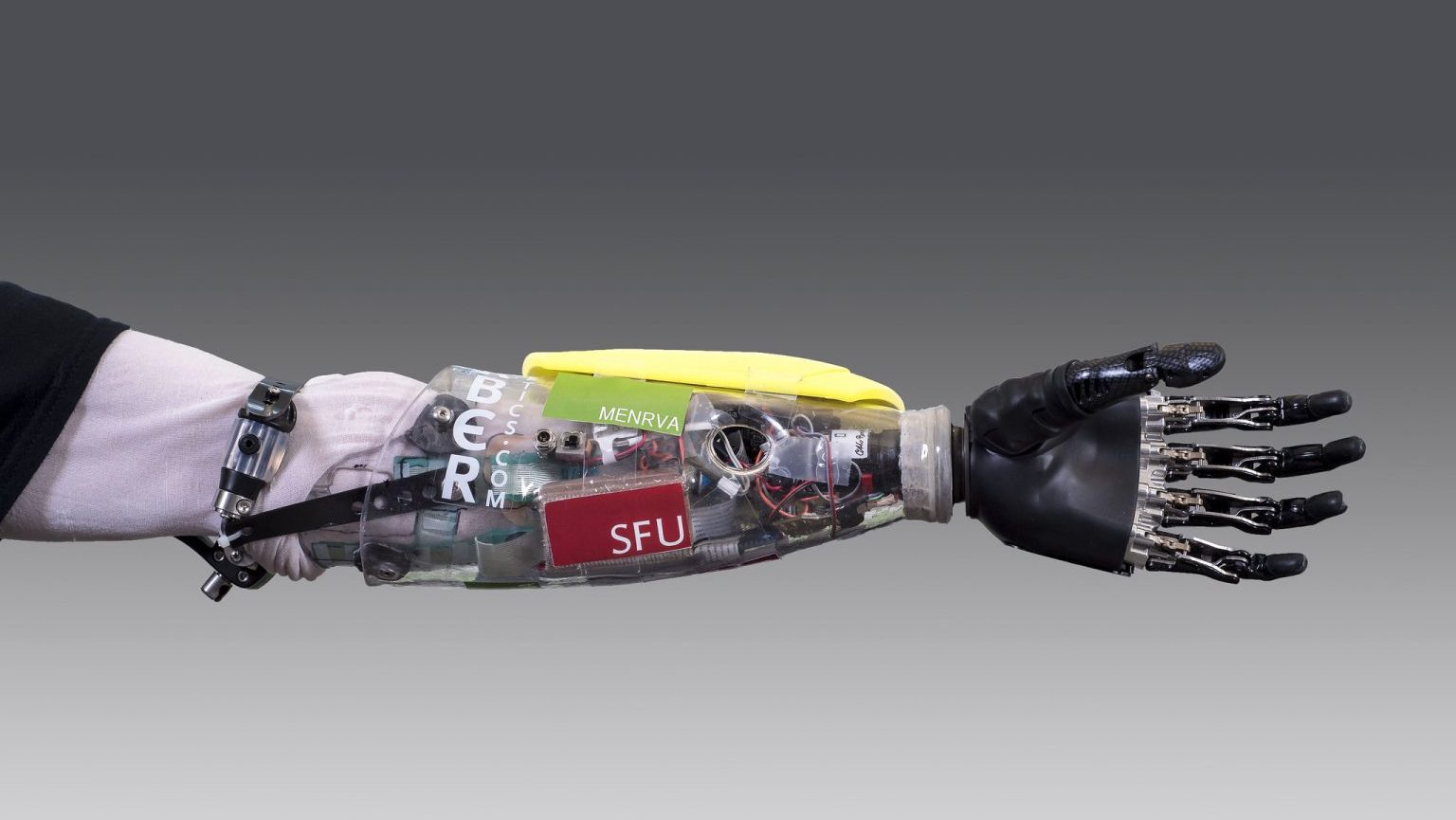The lead singer of Third Eye Blind talks about bringing his music online and creating his own record label.
This series brought to you by Dell and digitalnomads.com
Jenkins: My name is Stephan Jenkins and I am singer/songwriter in Third Eye Blind and I’m newly the founder of a record label called Better Angels Records.
Question: How did mobilizing devices make your album possible?
Jenkins: Well, you know, we take recording devices out now on tour and we’ve actually worked out the entirety of the “Ursa Major” album was rehearsed and worked out and sound checked as we’ve been touring. We’ve been touring colleges over the last year and sort of working up the album as we go. And then as we were doing these colleges, we also recorded a live album. So we had, every track that we did live, able to be recorded live and we wouldn’t have… we just wouldn’t had the ability to take out, you know, analog to do that. And now other people could do that as well. It wasn’t particularly expensive to do it so as really small bands grow up and go out and play, they can record, they can post those songs that they’ve recorded that night. So more people can be involved and it’s more possible to capture more music and share more music.
Question: Why does your music appeal to a digital generation?
Jenkins: Third Eye Blind’s audiences are primarily 16 to 22 year olds, so the majority of them have grown up in an entirely web-based digital mode and that isn’t any problem for us at all. I think we have moved quite seamlessly into that concept, and when I find new kinds of technologies popping up, I don’t feel threatened by them. I feel interested in what they might have to offer. So, yeah, Twitter, bring it, great, and if that’s the way that we’re going to talk to each other, let’s talk to each other in those ways.
Question: How has technology changed music?
Jenkins: The biggest difference in technology is who gets to be included and we… a lot… we’ve talked about technology as being this isolating thing where the web takes kids and puts them in their room and they sit there and they just sort of network on their computers or text each other and there isn’t the actual interaction. That’s true, but what is equally true is that you also have technology making it so you can have a lot of musicians who are out there and very little gear, with very little equipment, they can actually come into your recording process and participate. Third Eye Blind is doing that with the creation of our new album, “Ursa Major” where we’ve been inviting people to mix our tracks before they come out. So we’ve actually put out the stems of tracks, sent them out on the web and then people have mixed them on the web, put them back up on the web and we’ve gotten to hear them. So now, instead of us just making one thing, there’s a whole community of engineers and musicians out there who gets to interact and participate in the process. So I love that, I love the way that technology is actually making the community closer, tighter, smaller.





